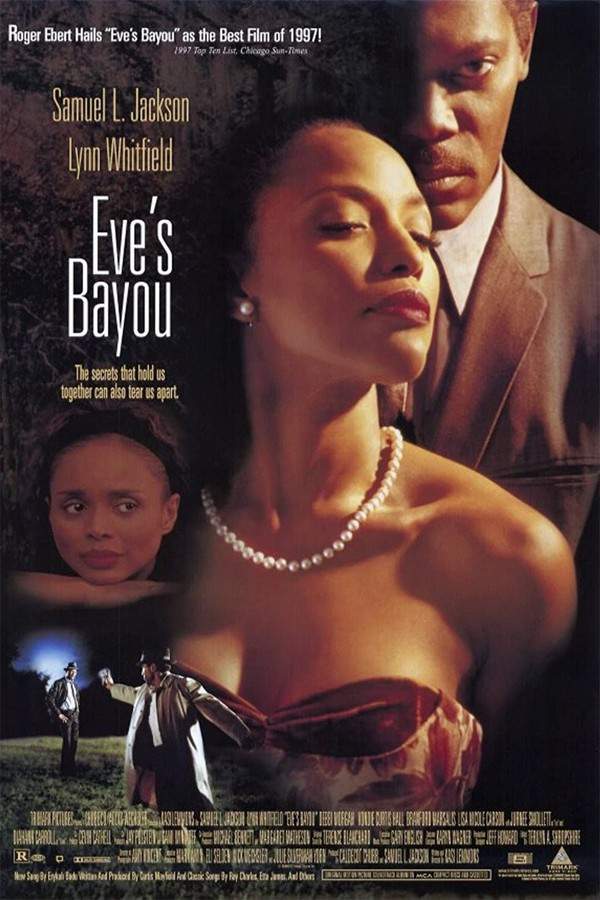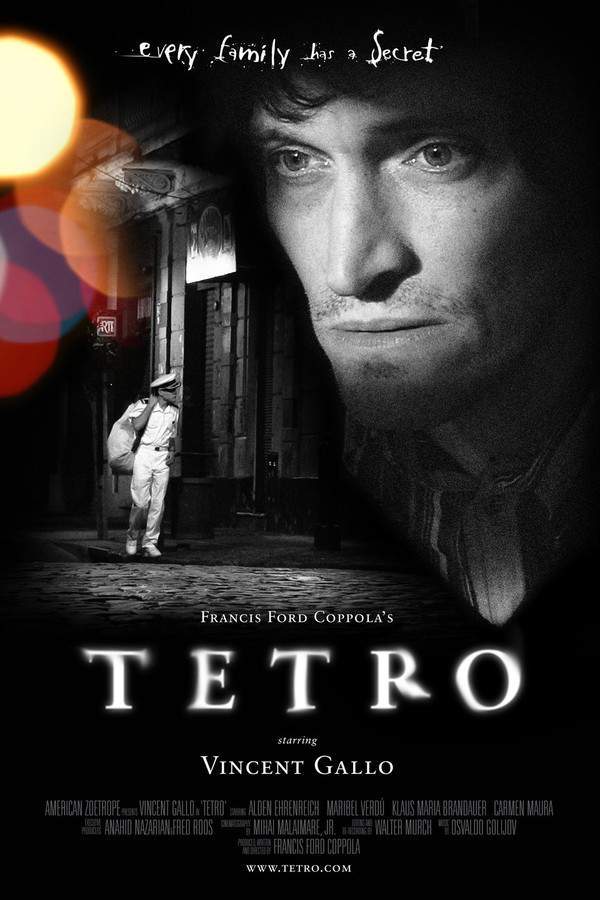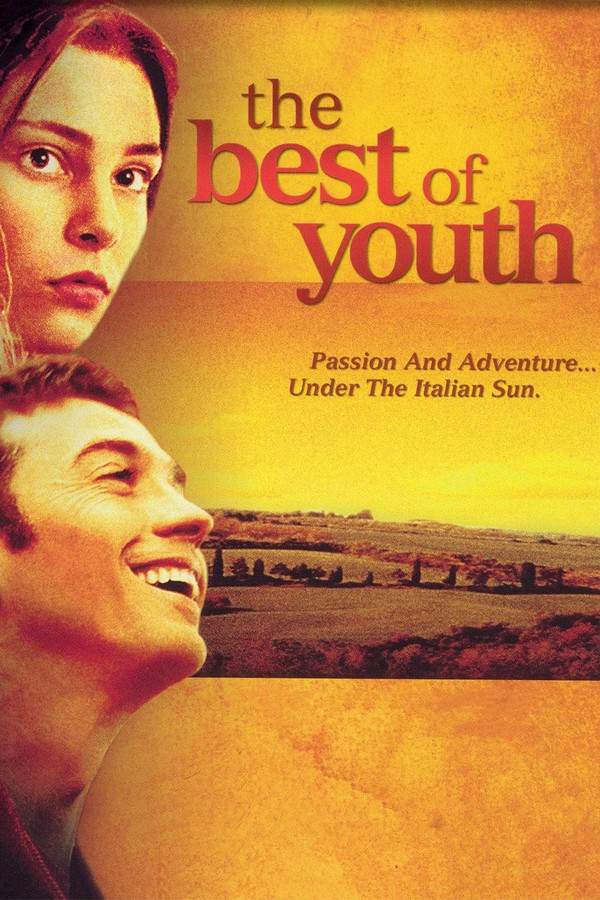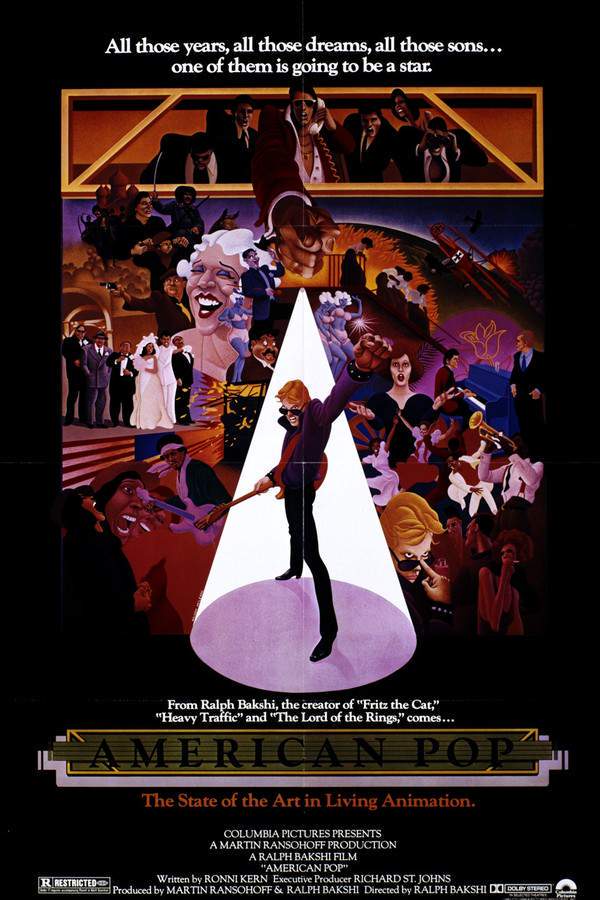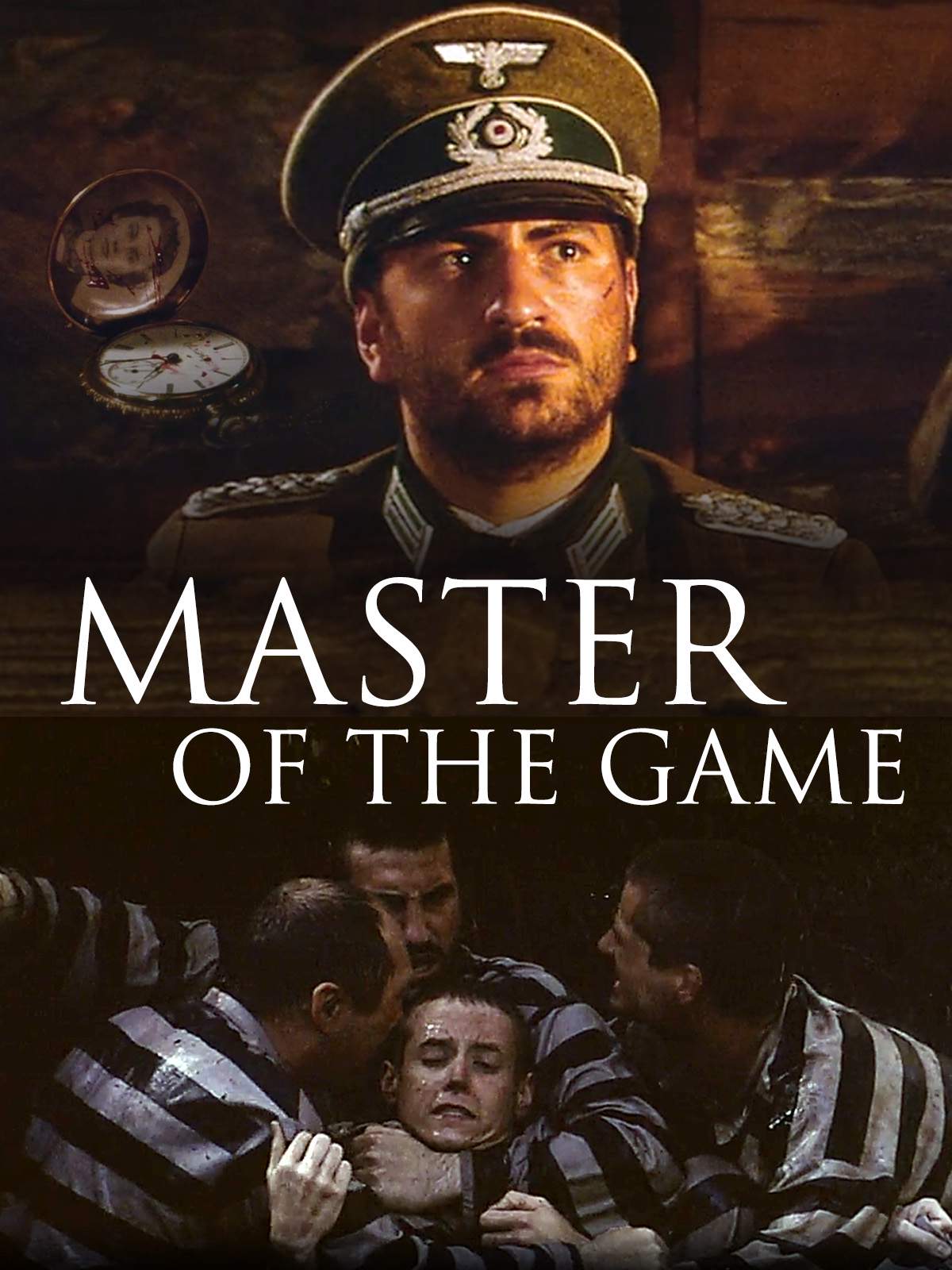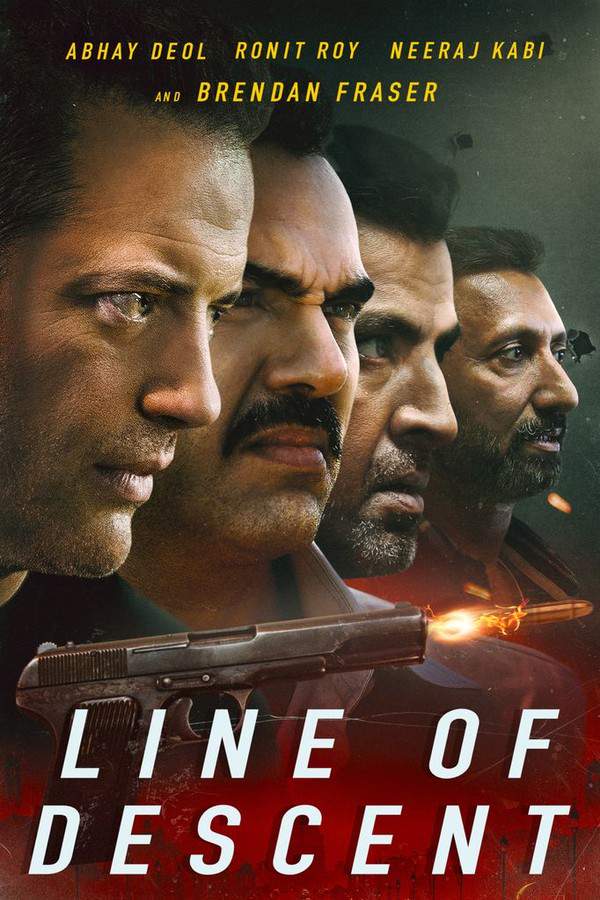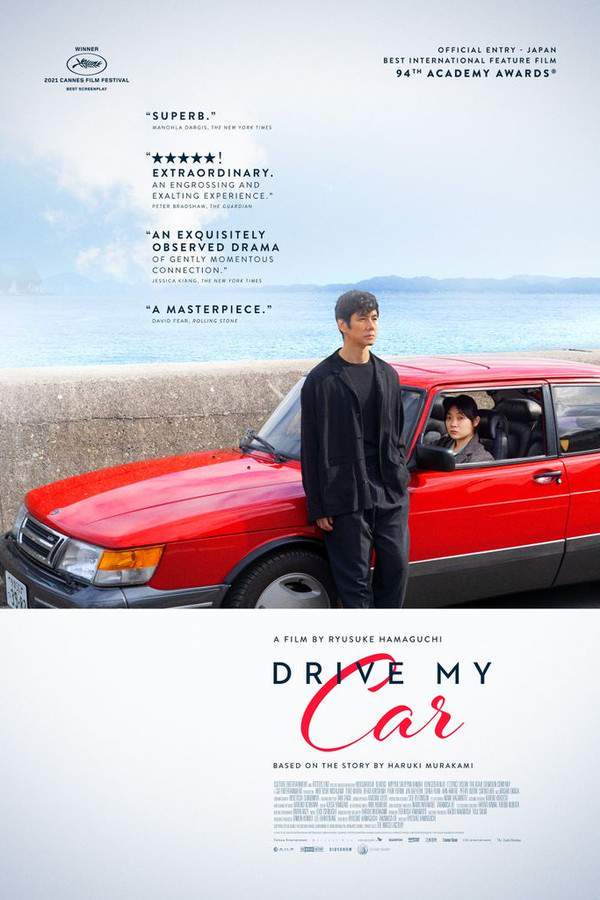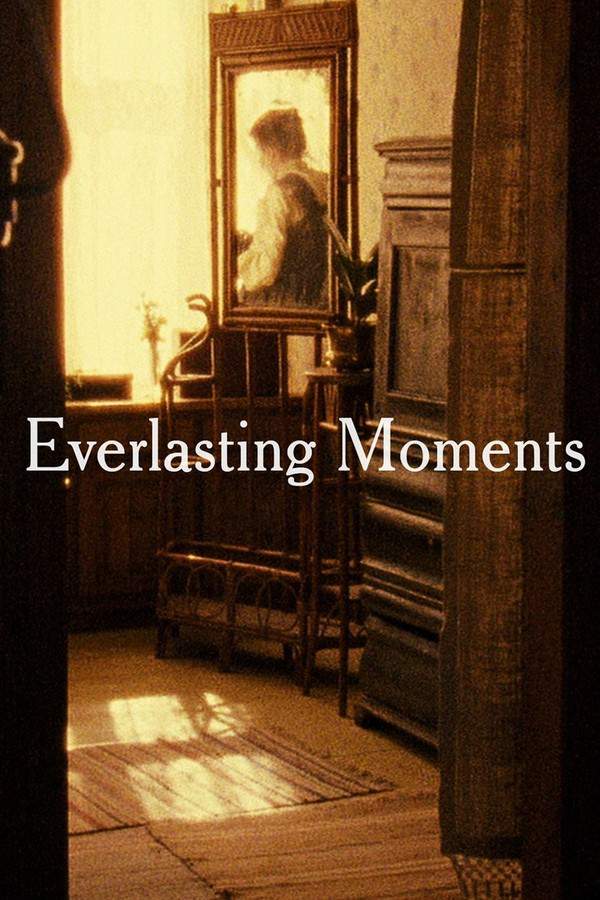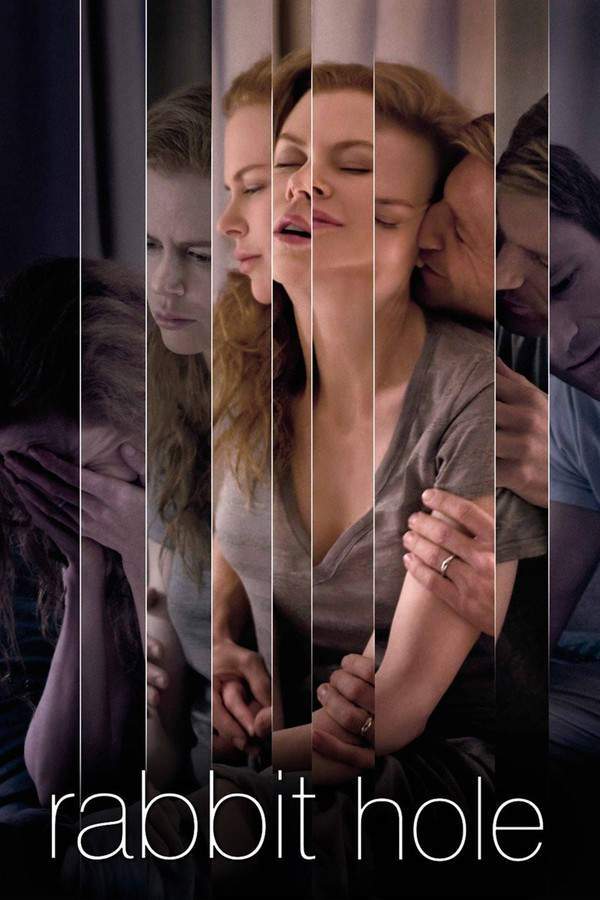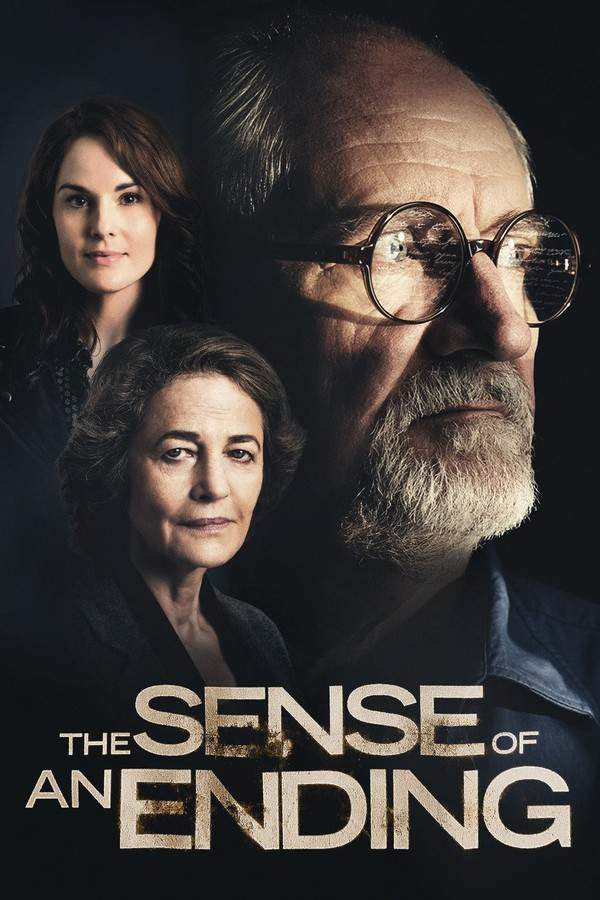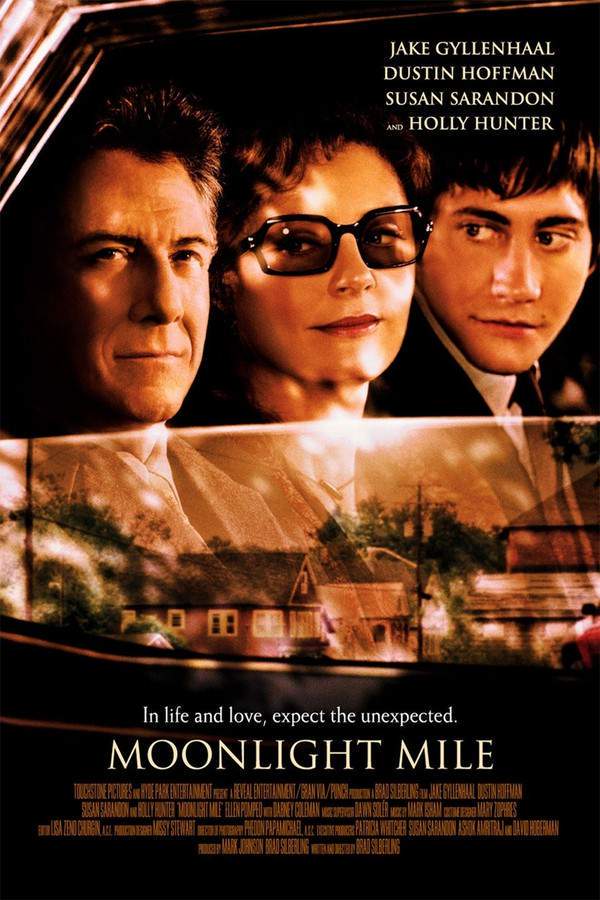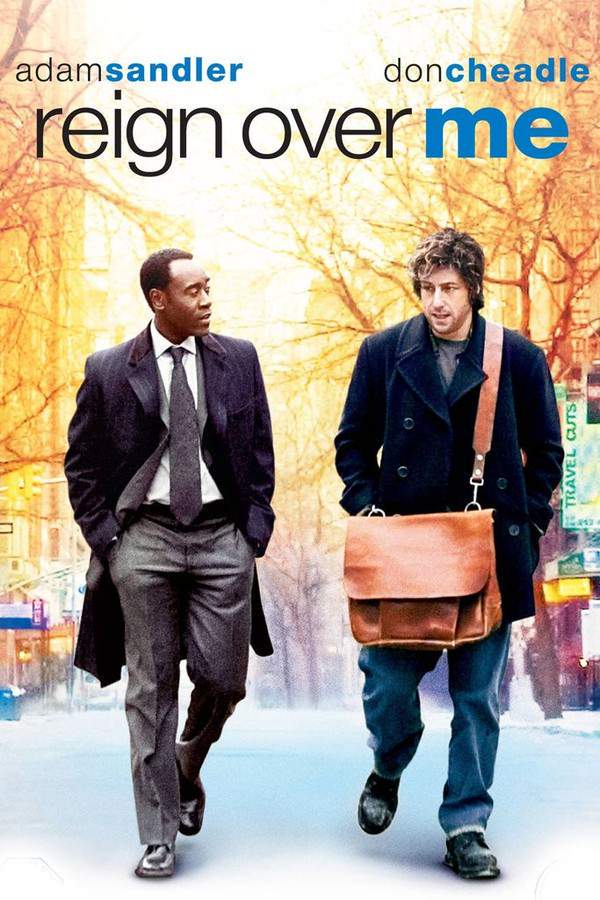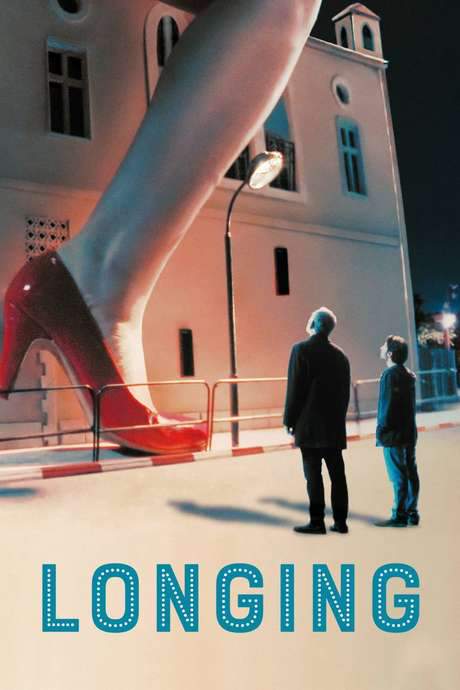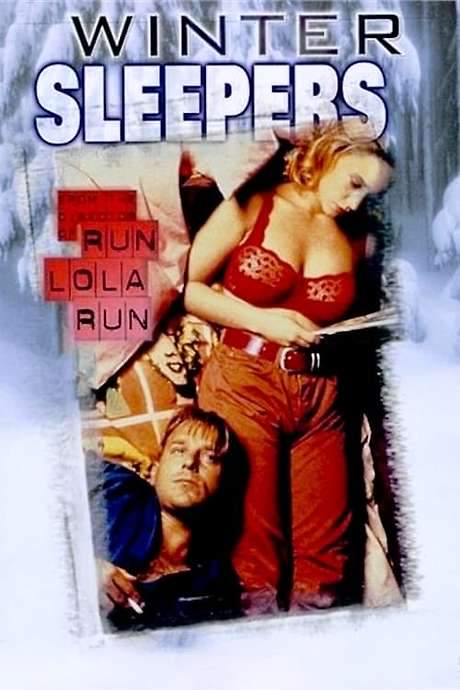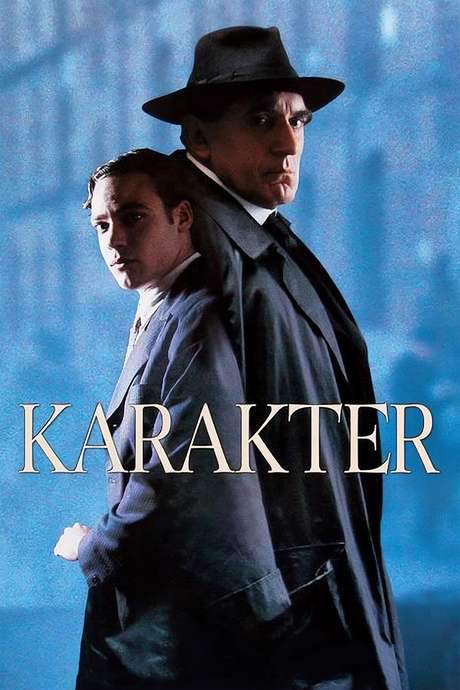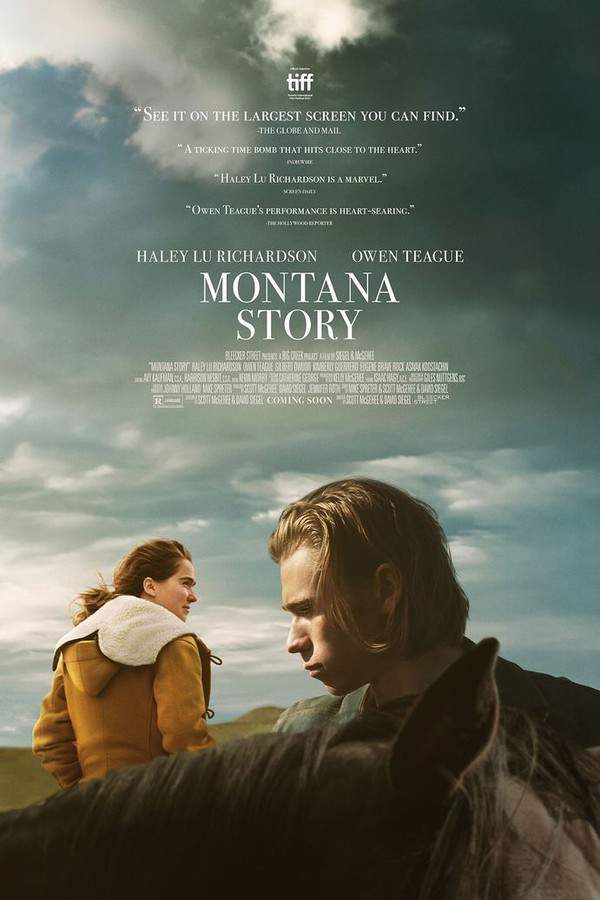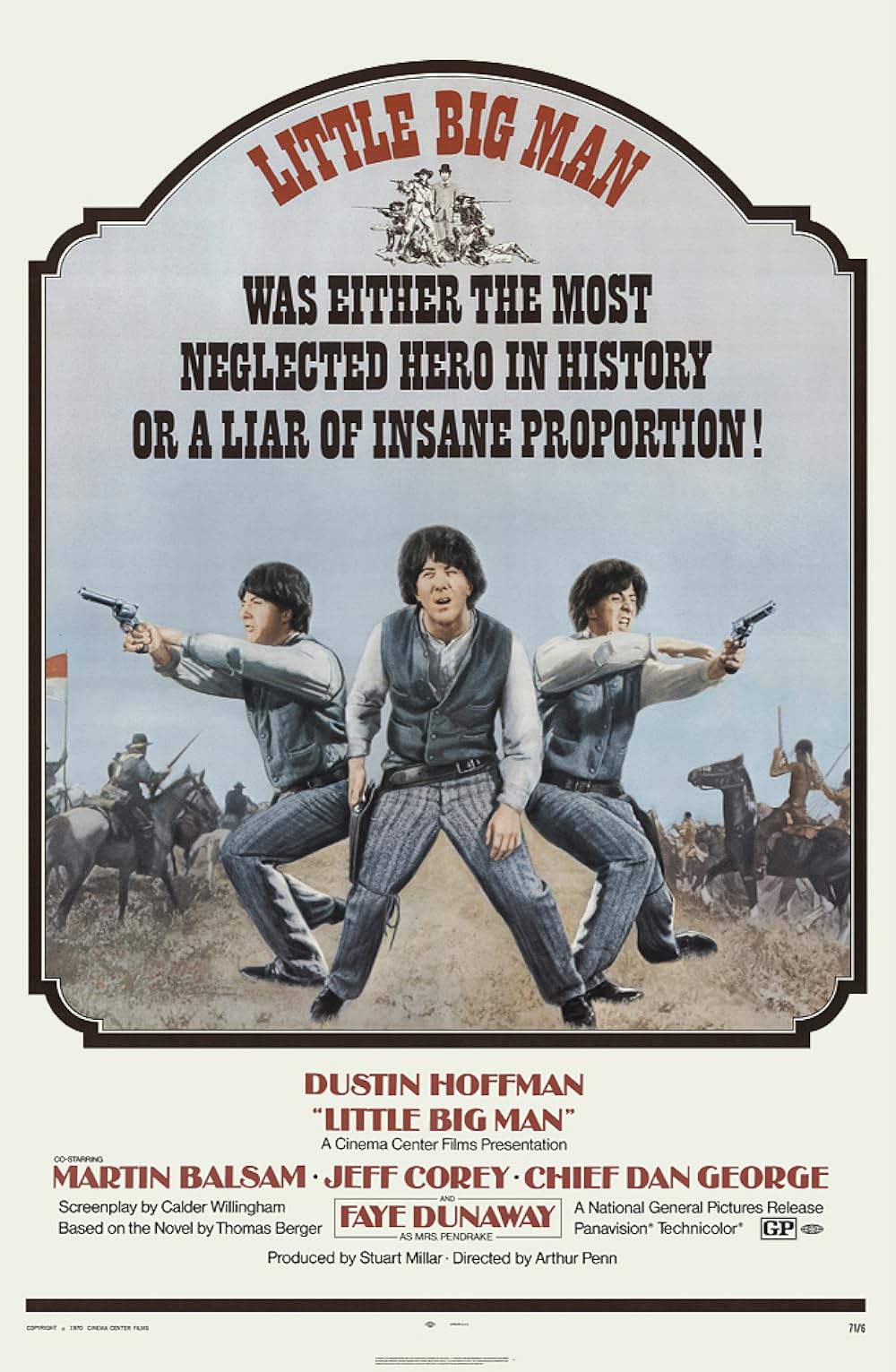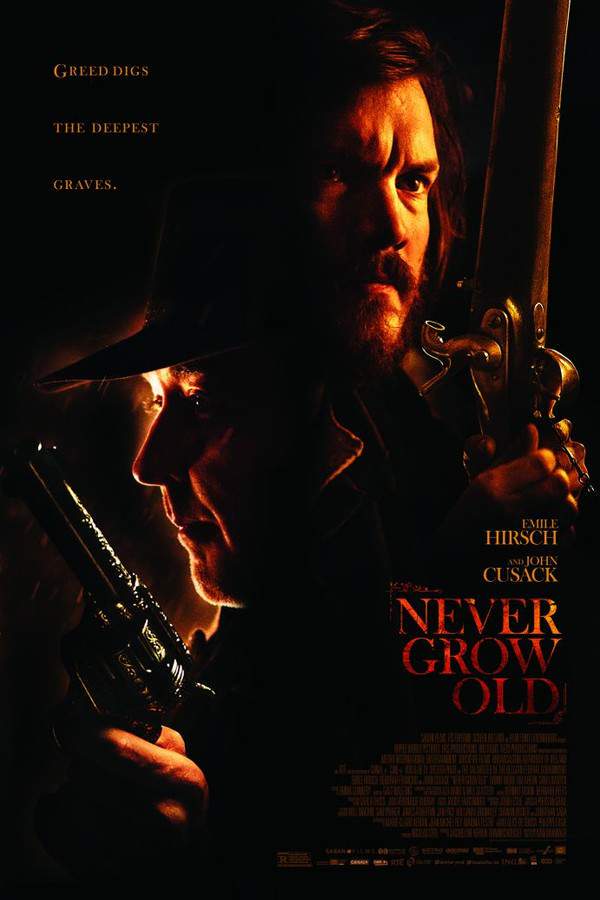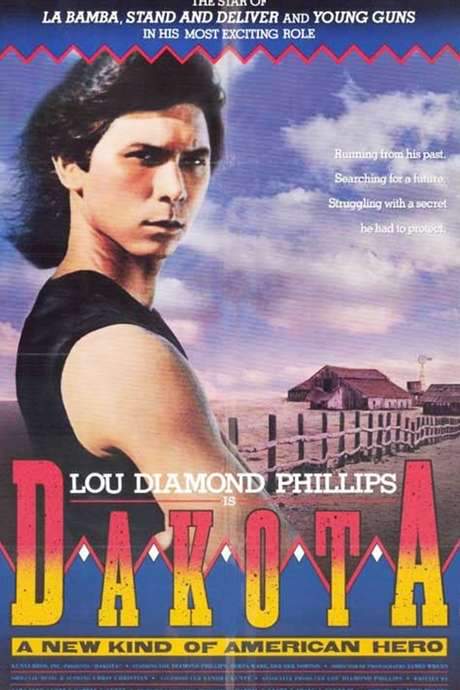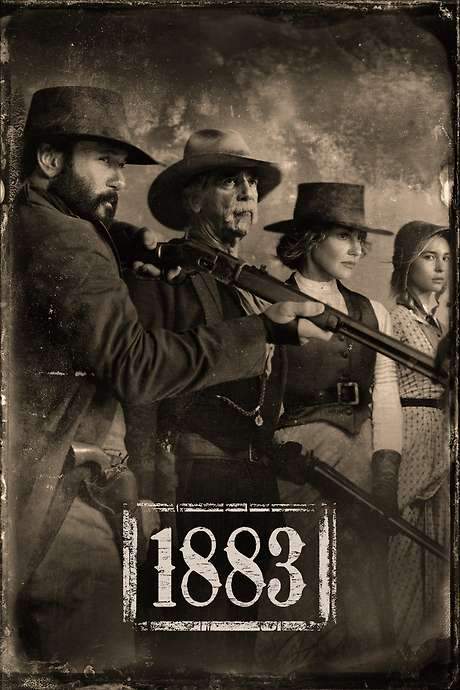
The World Changes
Year: 1933
Runtime: 91 mins
Language: English
Director: Mervyn LeRoy
A human, touching, dynamic generational saga that follows the pioneering Nordholm family of the Midwest. The story is filtered through the perspective of Orin Nordholm Jr., a businessman whose life is chronicled from his restless youth to his later years as an elderly grandfather, capturing the family’s triumphs, hardships, and the changing world around them.
Warning: spoilers below!
Haven’t seen The World Changes yet? This summary contains major spoilers. Bookmark the page, watch the movie, and come back for the full breakdown. If you're ready, scroll on and relive the story!
The World Changes (1933) – Full Plot Summary & Ending Explained
Read the complete plot breakdown of The World Changes (1933), including all key story events, major twists, and the ending explained in detail. Discover what really happened—and what it all means.
In the Dakota Territory in 1856, a pregnant Anna Nordholm and her husband Orin Nordholm Sr. settle into a tiny cabin, choosing a quiet, self-sufficient life. He tills the fields and she chops wood, starting a family that includes their infant son, Orin Nordholm Jr.. The couple watches another family head west to California to scratch out a living, and they welcome them as neighbors, imagining a future where their own land will stretch on forever. A shared dream grows: a town, a thriving community, a place called Orinville, built on grit and perseverance. As the years pass, the bond between generations tightens, and the idea of a permanent, self-reliant life becomes the bedrock of the Nordholm clan.
Nearly a decade later, at a wedding, Orin Nordholm Sr. muses aloud that his son should marry his childhood friend, Selma. The seeds of ambition and family loyalty fuse with the Westward spirit, and the stage is set for choices that will ripple through decades. Orin Nordholm Jr. grows restless and restless ambitions push him toward money and chance. In 1877, he courts risk—shadowed by a gambler’s talk of driving steers north from Texas—while his parents urge caution. He slips away in the night, leaving a note that hints he will drive the cattle and that Selma will understand. The cattle drive becomes a trek through storms, rivers, and bandit fear, a test of nerve that takes him first to Omaha, then to a deal with James Claffin, a hard-nosed businessman who urges him to push the cattle toward Chicago. He returns to his family and the woman he loves to share the plan, but Orin Sr. questions whether the westward dream can sustain them all. Selma, loyal and steadfast, refuses to abandon the life she knows.
In 1879, the daughter of Claffin, Ginny, arrives in Orinville and she and Orin Nordholm Jr. wed in a union that seems to seal the family’s fate. When James Claffin dies two years later, the men of the stockyards press their case against Orin, accusing him of being too ruthless to be trusted with their money. The bank resists renewing his loan, and Orin responds with a bold pivot toward innovation—investing in meat-freezing equipment that promises to reshape the business. A wry line from a loyal secretary captures the turning point: “If only we could put ice boxes on wheels.” The idea takes root and hints at a future where cold storage and mobility could transform meatpacking into a more modern enterprise.
By 1893, Orin and Ginny live in a grand estate with their sons, Richard Nordholm and John Nordholm. The family enjoys prestige, but tensions simmer. Anna Nordholm’s absence weighs on Orin, and disagreements about how the boys should spend time away from the stockyards strain the marriage. Ginny’s temperament frays under the weight of expectations, and she locks herself in their bedroom during a family crisis, signaling cracks beneath the surface of a prosperous facade.
The turn of the century brings new pressures. In 1904, the Clintons from New York arrive for a social visit, and Orin suspects they want to seize control of the business. Ginny pushes for Richard to marry Jennifer Clinton Nordholm, a union that would blend old money with new. At a party marking Orin’s retirement and his plan to open an art gallery, the stock crashes once again, sending shockwaves through the family. Orin roars about Wall Street’s treachery, refusing to abandon his company, but Ginny’s health declines under the strain. When a run on the stock finally erupts, she collapses and dies, leaving a rift that pummels the surviving generations. Richard and John blame Orin for her death, and he resolves to sell the business.
The 1920s bring a new era of ascent and anxiety. Orin Nordholm Jr. reads in a club that his granddaughter will marry a European nobleman, Philip Ivor. He and his grandson, Orin Nordholm III, feel the weight of the past bearing down on the present. Jennifer Clinton Nordholm and her circle loom large as the younger generation tries to navigate intermarried alliances and the family’s fragile grip on wealth. Jennifer’s sister or relative, Natalie Clifton Nordholm, also appears as the family grows older, and the granddaughter’s future is tied to an arranged alliance with the English aristocrat.
Then comes the fateful crash of 1929. The stock market collapse shatters what remains of the Nordholms’ fortunes, leaving Richard and his son Paul facing possible prison. Orin Nordholm Jr. refuses to bail them out, preferring the prospect of a fresh start for his young kin. He is relieved to see Orin Nordholm III and Selma return with Anna Nordholm to Orinville to begin anew in South Dakota. The narrative tightens as Paul Nordholm attempts to flee prison; a reckless misstep follows, and Richard’s misdeeds—exposed by an affair with Jennifer Clinton Nordholm’s lover [Ogden]—lead to a desperate act: Richard kills himself in front of Jennifer. The devastation reverberates through the family, and Orin Nordholm Jr. discovers Richard’s body, the memory of Ginny flashing before him, and, in a final, tragic turn, falls down the stairs and dies himself. In the end, Orin Nordholm III and the young Selma return to Orinville with Anna Nordholm to begin a new life, carrying forward a legacy built on grit, endurance, and the stubborn hope of a better tomorrow.
Last Updated: October 09, 2025 at 12:33
Explore Movie Threads
Discover curated groups of movies connected by mood, themes, and story style. Browse collections built around emotion, atmosphere, and narrative focus to easily find films that match what you feel like watching right now.
Epic generational family tragedies like The World Changes
Multi-generational sagas where ambition and legacy lead to profound loss.For viewers who appreciated the epic scope and emotional depth of The World Changes, this collection gathers movies with similar multi-generational narratives. These dramas explore family legacies, ambition, and the profound tragedies that shape a clan's history, offering a similarly heavy and melancholic viewing experience.
Narrative Summary
These stories typically unfold over many years or even generations, charting the ambitious ascent of a family and the subsequent tragedies that threaten their legacy. The narrative structure is complex, weaving together business, personal relationships, and historical events to show how early actions have devastating consequences later.
Why These Movies?
Movies in this thread are grouped by their shared commitment to portraying the full, often tragic, arc of a family's story. They share a melancholic tone, heavy emotional weight, and a steady, epic pacing that makes the accumulation of loss feel deeply impactful.
Heavy melancholic endurance dramas like The World Changes
Stories of characters persevering through immense grief and hardship.If you were moved by the heavy, melancholic journey of perseverance in The World Changes, this thread finds similar character-driven dramas. These movies focus on individuals or families enduring profound loss and economic turmoil, sharing a gritty, reflective tone and a steady, impactful pacing.
Narrative Summary
The narrative follows a central character or family unit as they face a cascade of personal and economic disasters. The journey is less about a traditional plot and more about documenting the emotional toll of survival, often using a reflective lens to look back on a life defined by both achievement and devastating loss.
Why These Movies?
This thread connects films that prioritize a specific emotional atmosphere: a heavy, melancholic mood combined with a theme of gritty resilience. The similarity lies in the deeply felt emotional weight, the steady pacing that allows tragedy to accumulate, and the ultimately bittersweet perspective on human endurance.
Unlock the Full Story of The World Changes
Don't stop at just watching — explore The World Changes in full detail. From the complete plot summary and scene-by-scene timeline to character breakdowns, thematic analysis, and a deep dive into the ending — every page helps you truly understand what The World Changes is all about. Plus, discover what's next after the movie.
The World Changes Timeline
Track the full timeline of The World Changes with every major event arranged chronologically. Perfect for decoding non-linear storytelling, flashbacks, or parallel narratives with a clear scene-by-scene breakdown.

Characters, Settings & Themes in The World Changes
Discover the characters, locations, and core themes that shape The World Changes. Get insights into symbolic elements, setting significance, and deeper narrative meaning — ideal for thematic analysis and movie breakdowns.

The World Changes Spoiler-Free Summary
Get a quick, spoiler-free overview of The World Changes that covers the main plot points and key details without revealing any major twists or spoilers. Perfect for those who want to know what to expect before diving in.

More About The World Changes
Visit What's After the Movie to explore more about The World Changes: box office results, cast and crew info, production details, post-credit scenes, and external links — all in one place for movie fans and researchers.

Similar Movies to The World Changes
Discover movies like The World Changes that share similar genres, themes, and storytelling elements. Whether you’re drawn to the atmosphere, character arcs, or plot structure, these curated recommendations will help you explore more films you’ll love.
Explore More About Movie The World Changes
The World Changes (1933) Scene-by-Scene Movie Timeline
The World Changes (1933) Movie Characters, Themes & Settings
The World Changes (1933) Spoiler-Free Summary & Key Flow
Movies Like The World Changes – Similar Titles You’ll Enjoy
Montana Story (2022) Film Overview & Timeline
Little Big Man (1970) Complete Plot Breakdown
Never Grow Old (2019) Detailed Story Recap
Into the West (1000) Ending Explained & Film Insights
Dakota (1988) Spoiler-Packed Plot Recap
1883 (1000) Ending Explained & Film Insights
Horizons West (1952) Full Summary & Key Details
The Wild Country (1970) Story Summary & Characters
The New Land (1972) Ending Explained & Film Insights
Across the Great Divide (1976) Story Summary & Characters
The Whole Wide World (1996) Film Overview & Timeline
The World Moves On (1934) Ending Explained & Film Insights
When the Legends Die (1972) Movie Recap & Themes
The Oklahoman (1957) Complete Plot Breakdown
The Missouri Traveler (1958) Full Movie Breakdown

